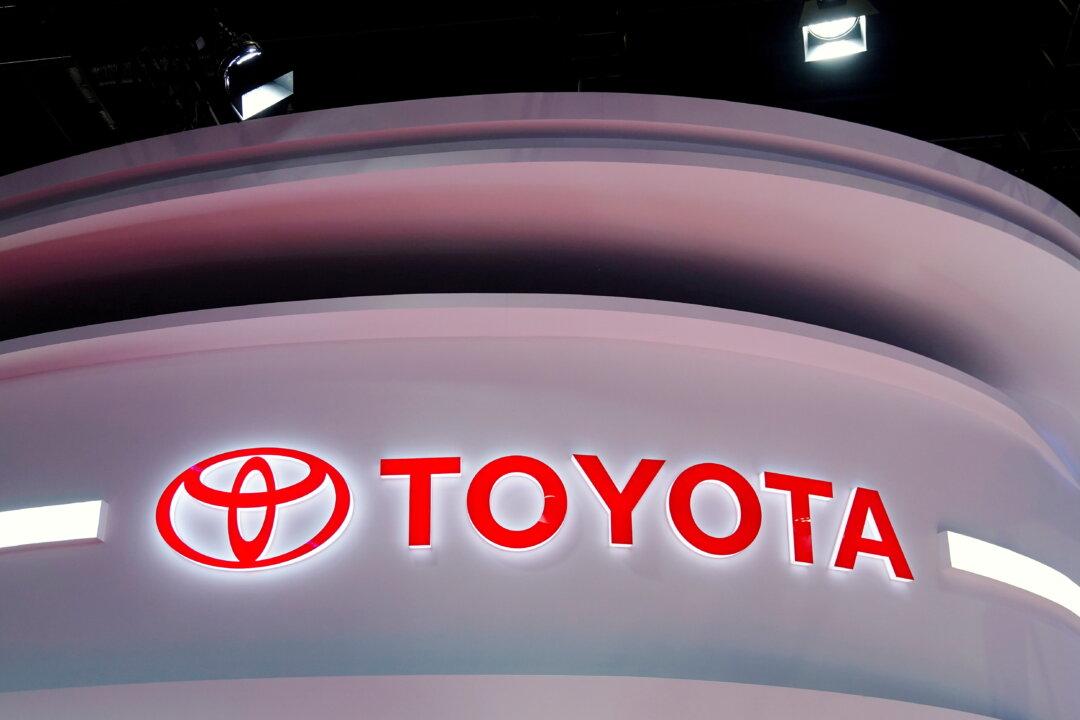Toyota has announced that it will extend production stoppages at some factories in Japan and in its component plants in Southeast Asia after the supply chain crisis, initiated by the CCP virus pandemic, forced delays in its manufacturing divisions.
A total of 14,000 vehicles will be removed from production in the latest halts for December, up from 9,000 units it flagged on Dec. 10, according to Reuters.





